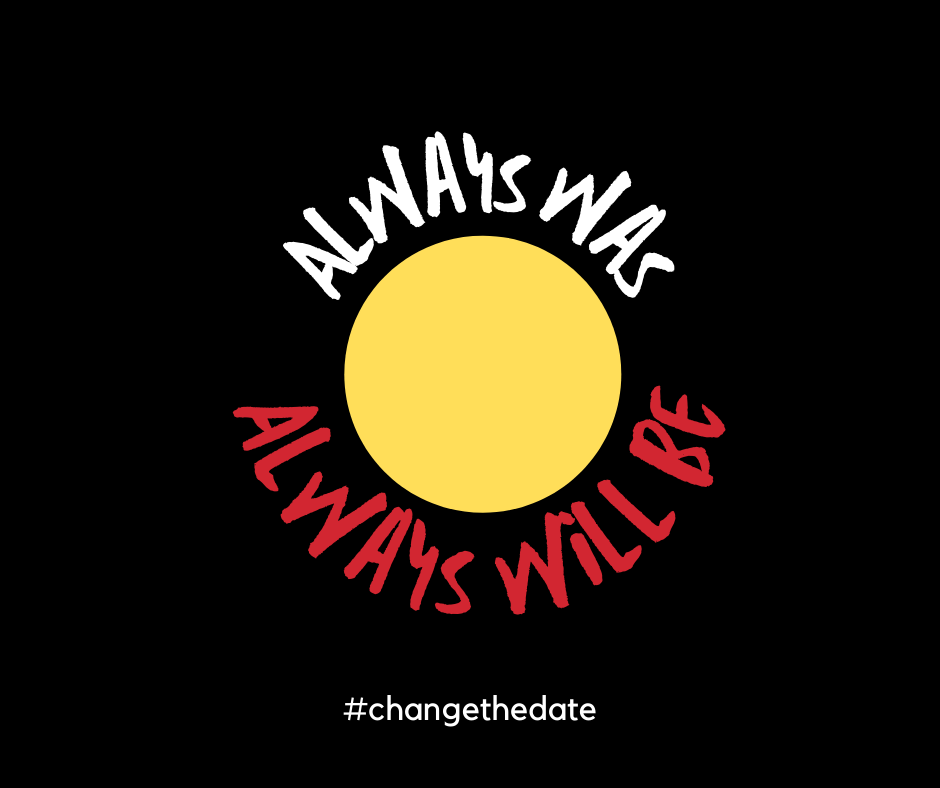I’d like to acknowledge that I am by no means a therapist nor have I had any training in psychology. I believe that personal experience is extremely valid which is why I share my opinions and experiences on certain matters. I am hardly patient zero for any mental health struggles or the first person to find therapy a long and at times tedious process. I would have liked for my experience to be the exception but after hearing other people’s experiences repeated with similar themes to mine, I now recognise that it’s quite common for people to get fed up and find therapy ineffective. A recurring theme is the lack of willingness to find creative solutions to mental health care.
There appears to be a model in which a number of therapists use to try and work with someone, to help them along the way in their mental health care journey and recovery. I recognise that this model can be of value in terms of a starting point to evaluate where someone is at in their journey but it is not always useful when people aren’t making progress or aren't responding positively to therapies. The concept of patients just needing to be patient during a therapy process can become a bit insulting especially when many have been through so much emotionally, tried many types of therapy/therapists and are often at a breaking point. The idea of just remaining patient isn’t necessarily practical and often there is more urgency in some of these circumstances to make changes. “You just need to be patient” is a statement I never want to hear in therapy again; as if it’s the first time I’ve ever been told that or as if I’ve never even thought of that. When a patient is crying out and voicing their concerns as to how the model, skills and plan isn’t working, to then be dismissed and have it insinuated that those people just aren’t trying hard enough is appalling.
I have been repeatedly ignored and dismissed when discussing my concerns with some therapists previously. There was an instance where I had to ask about eight times in a therapy session what a plan was to manage my struggles, and the psychiatrist ignored me every time. If a therapist is unsure as to how to manage a patient then that is one issue but there are things which can be done to mitigate the not knowing. In this instance a patient could have been handed over to a colleague who may have had expertise in a certain area or may be able to connect better with that patient based on certain personality traits. There are many types of therapy, skills and tactics which can be used to manage mental health and the fact that so few have been put forward by some therapists is worrying. The goal really should be on the patient and their recovery. However, too often I experience and hear other experiences as that of being people held and lured in a cycle of therapy. I’ve had a couple of instances with therapists where they would accuse me of blowing up the therapeutic relationship when I started to address my concerns of a lack of a plan, skills being developed, skills not being effective, lack of progress and lack of results long-term. In these situations the therapist wasn’t working with me adequately and they just didn’t understand me. The only therapist who has worked well for me and who has been able to help me was someone who really understood me and took the time to genuinely get to know me. They didn’t just make assumptions like the others did and took the information and interactions between us for what they were. When this specific psychologist wasn’t sure of what to do next they communicated with colleagues, did research on new therapies for complex post-traumatic stress disorder and tried to revisit therapies tried previously. There wasn’t a single time where they gave up on me and continued thinking of alternative treatments even when they wouldn’t be administered by themself. It wasn’t about business but about basic human decency and morality, where the patient and their wellbeing came first.

















